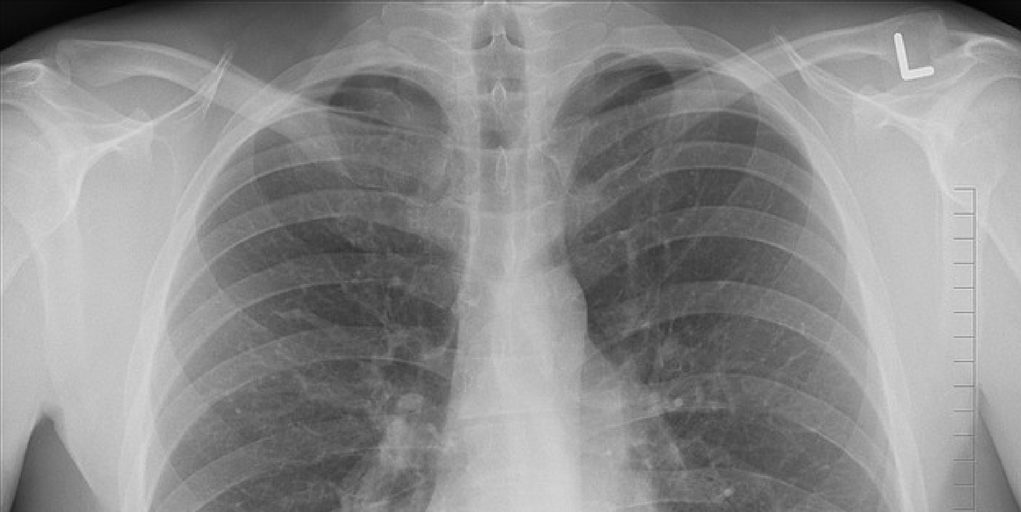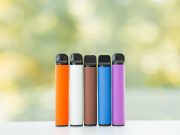The study, titled “The American Lung Association Lung Health Cohort,” is supported by a $24.8 million grant awarded by the National Heart, Lung, and Blood Institute (NHLBI), part of the NIH. This will be the first federally funded U.S. study to look at the long term effects of vaping (amongst other things) and the University of Alabama at Birmingham (UAB) will serve as the main site for this study.
The examined factors will be lifestyle aspects such as smoking, drinking, nutrition, physical activity and symptoms such as fatigue and sleep disturbances.
The researchers will start by measuring baseline lung health measurements of 4,000 healthy individuals aged between 25 and 35, in order to identify an ideal picture of respiratory health. The participants will have different lifestyle and tobacco behavior factors and will be followed by the researchers for six years in order identify how their environment, lifestyle and physical activity habits, affect their respiratory health.
The factors measured in the participants will be their exposure to smoking, drinking, nutrition, physical activity monitors and they will be asked to self-report symptoms such as fatigue and sleep disturbances.
Additionally, the researchers will ask study participants where they lived at key times in their lives (e.g., when they were born, started kindergarten, high school, etc.) and use satellite modeling that measures airborne particulates, in order to determine pollution differences throughout life-course.
Identifying risk factors for chronic lung diseases
The aim of the study is identifying who is more at risk for developing chronic lung diseases such as chronic obstructive pulmonary disease (COPD), emphysema and pulmonary fibrosis. “The long-term impact of e-cigarettes and vaping is not known, and it is possible these habits are as harmful as smoking,” said Mark Dransfield, M.D., the William C. Bailey Endowed Chair in Pulmonary Disease. “It is critically important we understand their health effects as millions of young people are now using these products.”
Read Further: UAB News
What do scientists think about vaping? – Riccardo Polosa at Vapexpo 2016, Paris












